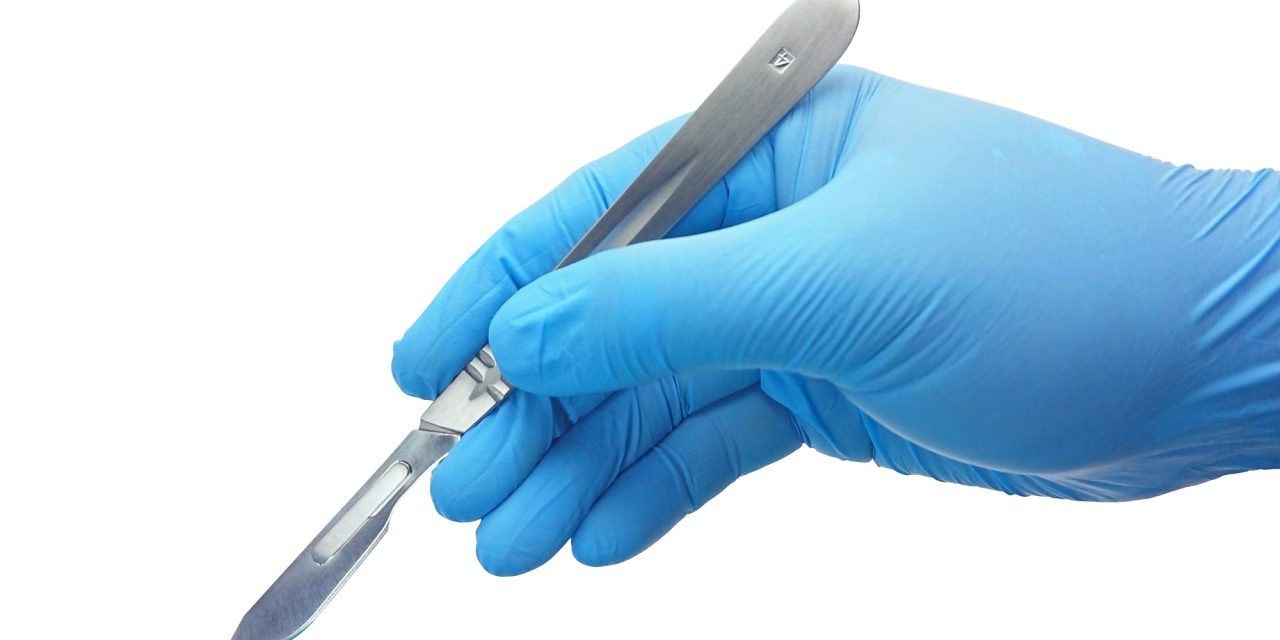Liver ischemia reperfusion injury is still an unsolved problem in liver surgery and transplantation. In this setting, hypothermia is the gold standard method for liver preservation for transplantation. Hypertonic saline solution reduces inflammatory response with better hemodynamic recovery in several situations involving ischemia reperfusion injury. Here, we investigated the effect of hypertonic saline solution in hypothermic liver submitted to ischemia reperfusion injury.
Fifty male rats were divided into 5 groups: SHAM, WI (animals submitted to 40 minutes of partial warm liver ischemia and reperfusion), HI (animals submitted to 40 minutes hypothermic ischemia), HSPI (animals submitted to hypothermic ischemia and treated with 7.5% hypertonic saline solution preischemia), and HSPR (animals submitted to hypothermic ischemia and treated with hypertonic saline solution previously to liver reperfusion). Four hours after reperfusion, the animals were killed to collect liver and blood samples.
Aspartate aminotransferase and alanine aminotransferase, histologic score, and hepatocellular necrosis were significantly decreased in animals submitted to hypothermia compared with the warm ischemia group. Malondialdehyde was significantly decreased in hypothermic groups with a further decrease when hypertonic saline solution was administrated preischemia. Hypothermic groups also showed decreased interleukin-6, interleukin-10, and tumor necrosis factor-α concentrations and better recovery of bicarbonate, base excess, lactate, and glucose blood concentrations. Moreover, hypertonic saline solution preischemia was more effective at controlling serum potassium concentrations.
Hypertonic saline solution before hypothermic hepatic ischemia decreases hepatocellular oxidative stress, cytokine concentrations, and promotes better recovery of acid-base disorders secondary to liver ischemia reperfusion.
Copyright © 2021 Elsevier Inc. All rights reserved.
Hypertonic saline solution decreases oxidative stress in liver hypothermic ischemia.


